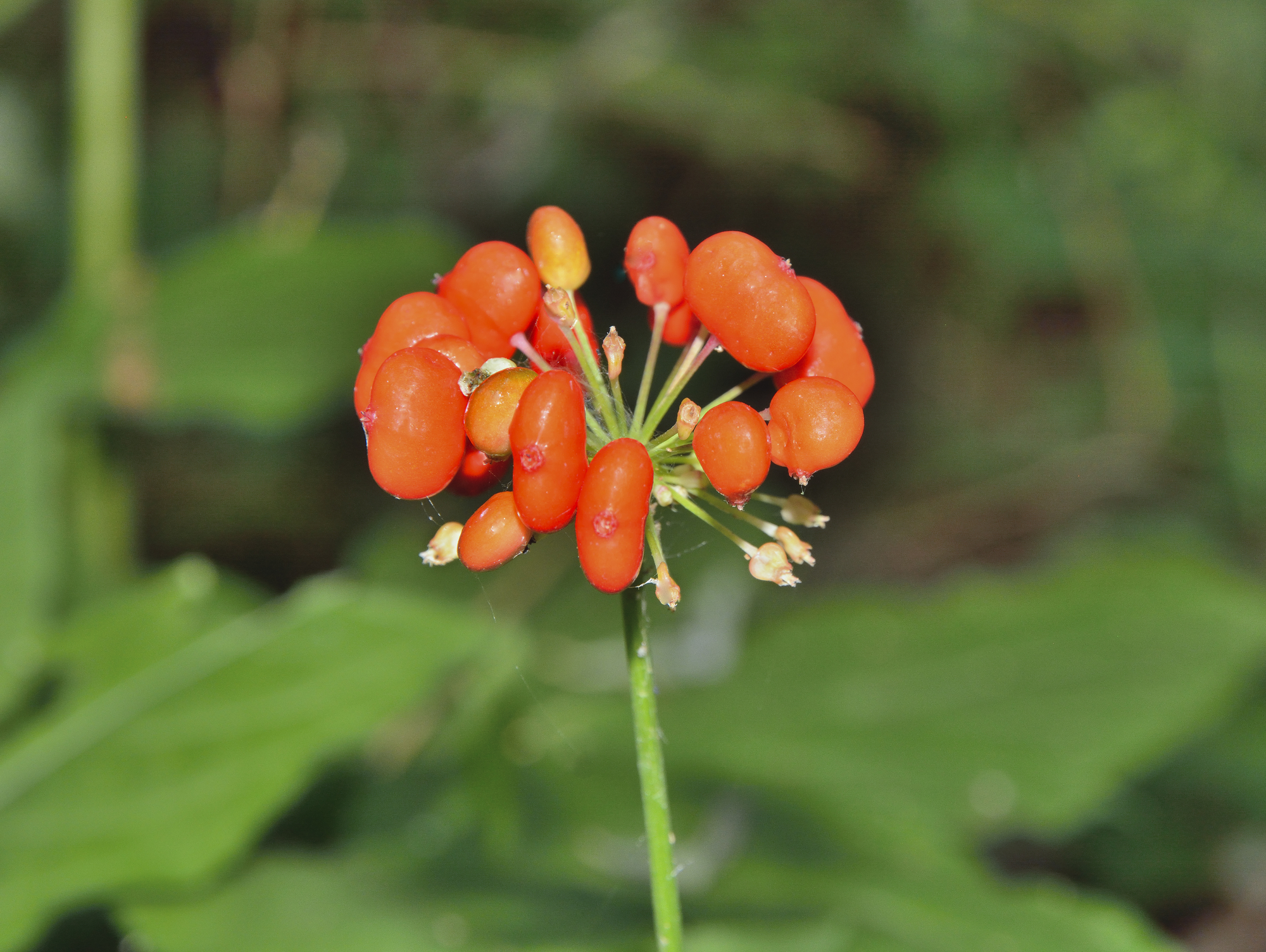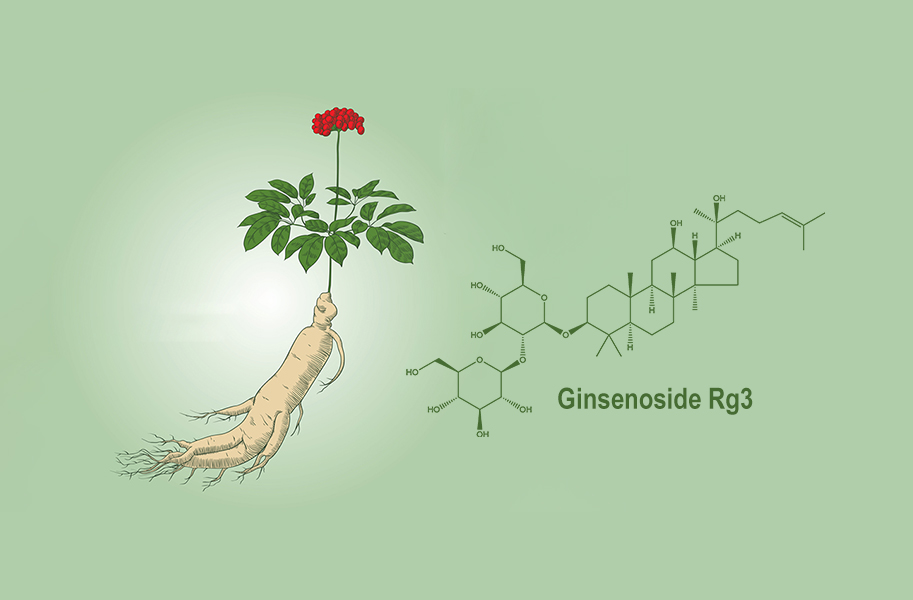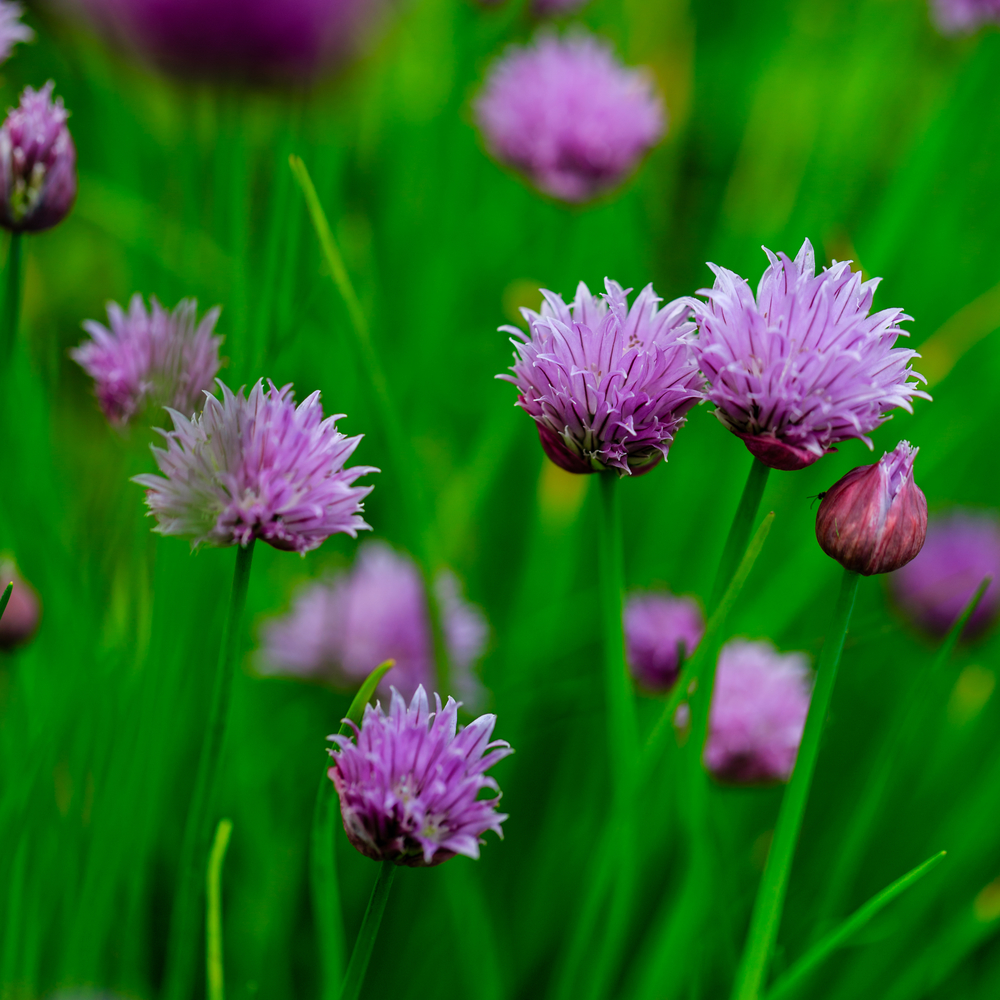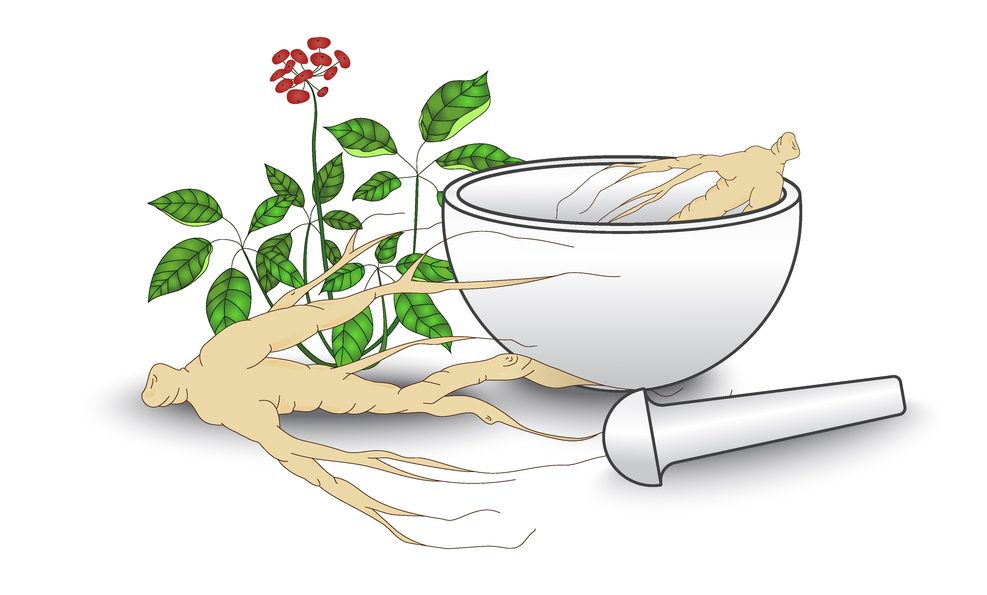Rare ginsenosides like Rh2 and Rg5 could reverse chemotherapeutic multidrug resistance
 Late-stage cancer tends to develop resistance towards chemotherapy drugs, which finally lead to the failures of chemotherapy treatment.
Late-stage cancer tends to develop resistance towards chemotherapy drugs, which finally lead to the failures of chemotherapy treatment.
Just like human beings with immune systems against external enemies, tumor cells have their own defense mechanisms to protect against external attacks to achieve self-renewal, especially for tumor stem cells.
Currently, cancer patients are commonly given two or more antitumor drugs, considering that a drug agent is not strong enough to inhibit tumor cells. Combination therapy, referred to as the use of two or more therapeutic agents, is getting more and more popular in order to achieve synergistic effects, and as a result, scientists are looking for new potent antitumor agents in drug development.
Ginsenosides, dominantly active compounds in ginseng, have attracted great attention among pharmaceutical researchers, because they show brilliant antitumor effects in cancer cells and could reverse chemotherapeutic multidrug resistance, in addition to antiinflammation and neuroprotection.
Ginsenosides are pharmacologically active compounds in ginseng. Naturally occurring ginsenosides in ginseng usually show poor bioactivity and absorption.
Fortunately, prototype ginsenosides can be metabolized and transformed through unique processing methods into rare ginsenosides that have significant bioactivity and utility. Some identified rare ginsenosides include Rg3, Rh2, Rk1, Rg5, Rh3, Rh4, aPPD, aPPT, C-K, etc.
Ginsenoside Rg5 was found to be able to reverse chemotherapeutic multidrug resistance in a 2018 study published in the Journal of Ginseng Research.
The researchers of the study found that ginsenoside Rg5 use significantly sensitized four commonly used first-line chemotherapy drugs, namely doxorubicin, paclitaxel, docetaxel, and daunorubicin, to multidrug-resistance human ovarian cancer cell line A2780/T and human non-small cell lung cancer cell line A549/T.
A combination of ginsenoside Rg5 and docetaxel showed brilliant synergistic cytotoxic effects against A2780/T cells. The cotreatment of Rg5 and docetaxel significantly reduced the 50% effective dose of docetaxel by nearly nine times, compared to docetaxel given alone.
In the mice models of the study, The Rg5 plus docetaxel combination synergistically suppressed the growth of the drug-resistance tumors, compared to docetaxel alone at the same dose. The high dose of Rg5 with docetaxel greatly reduced the tumor growths by 48% without causing weight loss.
The study authors concluded that ginsenoside Rg5 could be a promising adjuvant therapy used to overcome chemotherapeutic multidrug resistance.
Ginsenoside Rh2 also presented excellent sensitized effects. A research team in 2011 discovered that ginsenoside Rh2 reversed multidrug resistance in the Adriamycin-resistant human breast cancer MCF-7 cells.
The team found that the cotreatment of ginsenoside Rh2 and Adriamycin at non-effect dosage led to higher inhibition efficiency in Adriamycin-resistance MCF-7 cells, as well as obvious synergistically cytotoxic effect.
Both cell and animal studies indicate that rare ginsenosides could be used as adjuvant therapy for cancer treatment.
Ginseng has long been used as herbal medicine to help cancer treatment, and some ginsenoside products containing high content rare ginsenosides have won a good market share, especially in some Asian countries with a long history of ginseng use.
People love to use ginseng and ginsenosides for a variety of health purposes, including immune boost, energy increase, pain relief, mental health improvement, etc.
More than the above uses, ginsenosides have been used to help relieve chemo side effects, with increasing studies indicating their role as adjuvant therapy in cancer treatment.
Rare ginsenosides have a bright application prospect in cancer treatment, and more clinical research is needed to confirm their therapeutic effects so as to facilitate their application.
Reference:
Feng, Sen-Ling & Luo, Hai-Bin & Cai, Liang & Zhang, Jie & Wang, Dan & Chen, Ying-Jiang & Zhan, Huan-Xing & Jiang, Zhi-Hong & Xie, Ying. (2018). Ginsenoside Rg5 overcomes chemotherapeutic multidrug resistance mediated by ABCB1 transporter: in vitro and in vivo study. Journal of Ginseng Research. 44. 10.1016/j.jgr.2018.10.007.


